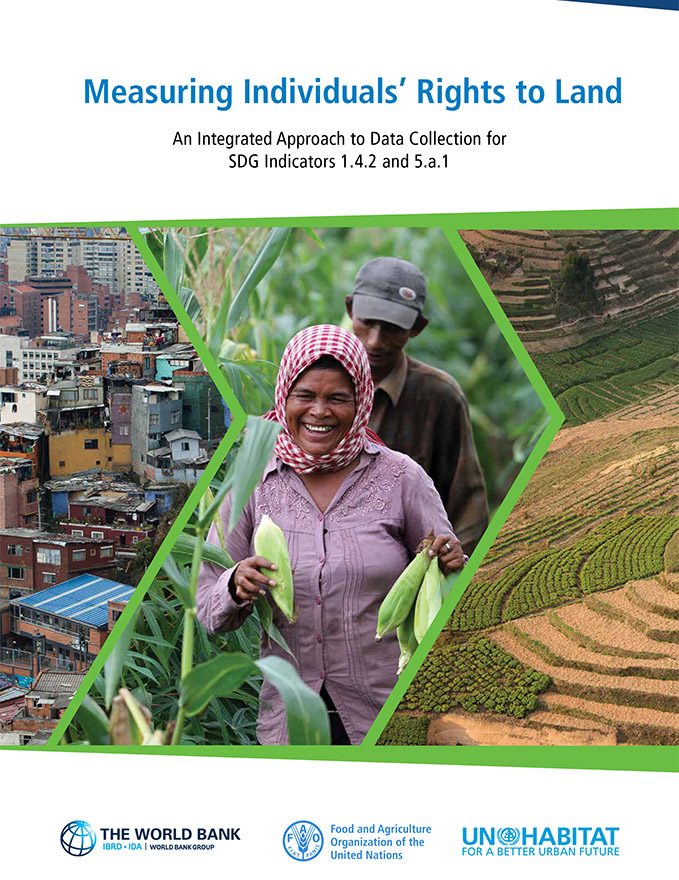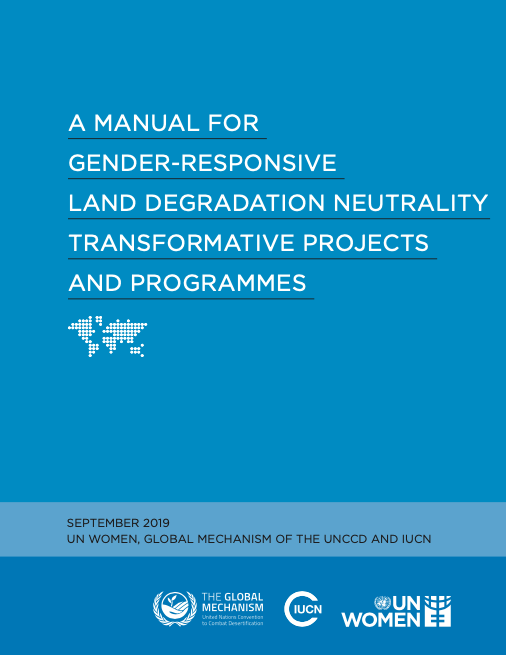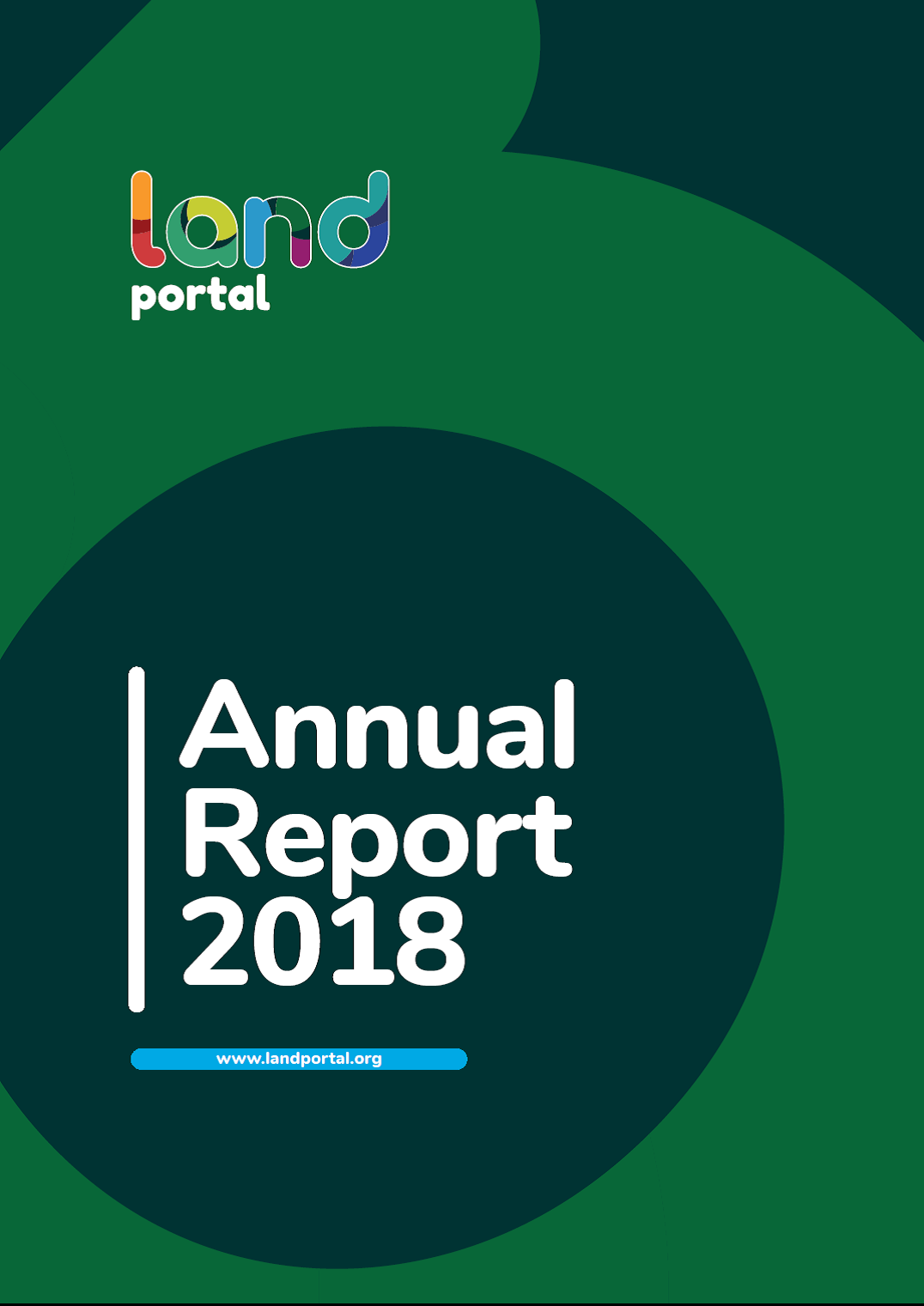Measuring Individuals’ Rights to Land; An Integrated Approach to Data Collection for SDG Indicators 1.4.2 and 5.a.1
Land is a key economic resource inextricably linked to access to, use of and control over other economic and productive resources. Recognition of this, and the increasing stress on land from the world’s growing population and changing climate, has driven demand for strengthening tenure security for all. This has created the need for a core set of land indicators that have national application and global comparability, which culminated in the inclusion of indicators 1.4.2 and 5.a.1 in the Sustainable Development Goals (SDGs) agenda.







